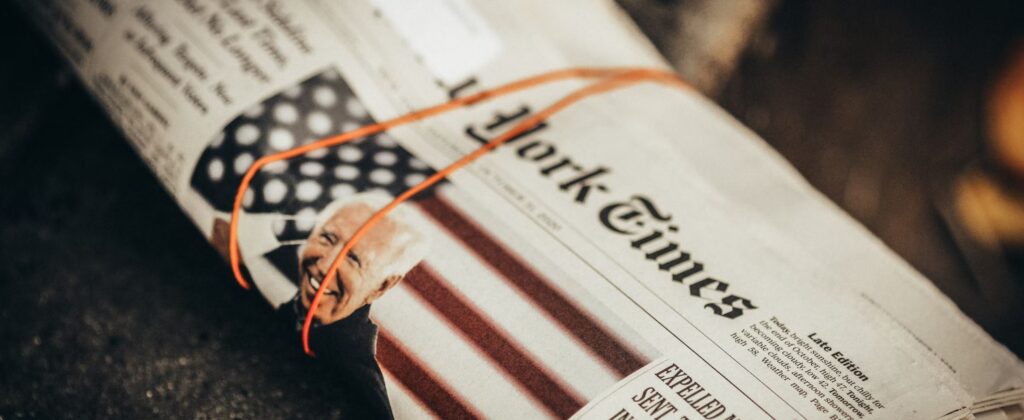Legacy Voices: Recording Oral Histories with a Personal Touch
Oral histories are a powerful way to capture the stories and experiences of individuals from all walks of life. These personal narratives not only provide insight into historical events but also offer a glimpse into the lives of those who lived through them. Recording oral histories with a personal touch involves creating a space where individuals feel comfortable sharing their stories, ensuring that their voices are preserved for future generations.
### The Importance of Oral Histories
Oral histories are more than just a collection of stories; they are a window into the past, offering firsthand accounts of significant events and everyday life. Unlike written records, oral histories convey emotions, tone, and context in a way that written documents often cannot. They allow us to hear the voices of those who have experienced history firsthand, making the past feel more alive and relatable.
### The Process of Recording Oral Histories
Recording oral histories typically involves one-on-one interviews where the narrator shares their experiences in their own words. This process is collaborative, with the interviewer guiding the conversation to ensure that the narrator’s story is told as they wish. The goal is to create a safe and comfortable environment where individuals feel free to share their memories without fear of judgment.
### Preserving Legacy Voices
Preserving these oral histories is crucial for maintaining cultural heritage and historical accuracy. By digitizing and archiving these recordings, we ensure that they remain accessible for years to come. Projects like the Emory Oral History Program and the Villanova University’s digitization of Jewish farming community interviews demonstrate the importance of preserving these voices. These efforts not only honor the past but also provide valuable resources for researchers and the public alike.
### Community Engagement
Oral history projects often involve community engagement, where local residents are encouraged to share their stories. This approach helps build a mosaic of voices that reflect the diversity and richness of a community’s history. For instance, the Clarkston Community Oral History Project in Georgia aims to capture the diverse experiences of its residents, creating a comprehensive picture of urban transformation in the area.
### Challenges and Opportunities
While recording oral histories can be rewarding, it also presents challenges. Ensuring the accuracy and authenticity of the stories shared is crucial. Additionally, the personal nature of these narratives means that they can be emotionally demanding for both the narrator and the interviewer. Despite these challenges, the opportunities for learning and connection are immense. Oral histories provide a unique lens through which we can understand social phenomena and cultural evolution.
In conclusion, recording oral histories with a personal touch is a vital way to preserve our collective memory and honor the voices of the past. By engaging with these stories, we not only learn about history but also connect with the people who lived it. As we continue to digitize and share these narratives, we ensure that the legacy of those who came before us remains vibrant and accessible for generations to come.



